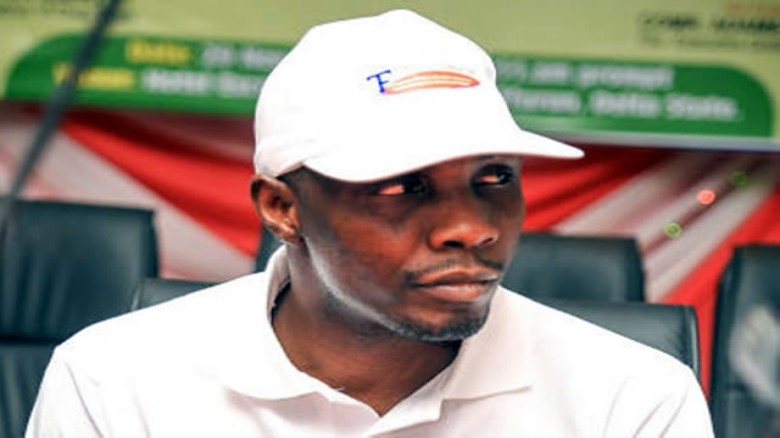Oil companies owe Nigeria $6bn in unpaid taxes — Falana
Human rights lawyer and Senior Advocate of Nigeria Femi Falana has expressed concern about Nigeria's ineffective tax enforcement, revealing that oil and gas companies owe the country approximately $6 billion in unpaid taxes.During a presentation titled "Tax Law and Administration: Challenges of Compliance" at the Chartered Institute of Taxation of Nigeria's 27th Annual Tax Conference in Abuja, Falana chastised the federal government for failing to recover these massive sums while heavily relying on borrowing to finance national budgets.
Falana described the $6 billion owed by oil and gas companies as a clear example of Nigeria's poor financial accountability.
He emphasised the need for increased transparency and representation in the country's tax system, claiming that the current framework violates the fundamental democratic principle of "taxation with representation."
"In Nigeria, we cannot collect taxes without representation. If you want me to pay taxes, why? "Where is the representation, justification, or return to the people?" he enquired.
Human rights activists criticised Nigeria's tax proliferation, pointing out that certain fiscal policy documents now list up to 60 different taxes, a significant increase from the government's original 25.
Falana criticised the lack of accountability in Lagos State's tax system. Despite collecting over ₦1.3 billion annually from buses and motorcycles, there is no clear record of how the funds are used.
According to a September 2023 report, oil and gas companies allegedly withheld $6 billion (approx. 64 billion) in taxes owed to the government in one year.
"Shockingly, two months later, the federal government approached the National Assembly about borrowing N2.1 billion to fund the national budget.
"How can you explain that? "We're losing billions of dollars to tax evasion while borrowing to survive," he enquired.
Falana also condemned the government's silence on a N3.4 billion loan from the COVID-19 era that was allegedly used without due process.
"Nobody has challenged it," he said, referring to how public funds are managed.
He emphasised that taxes are intended to fund essential public services such as security, education, and healthcare, but lamented that many Nigerians receive no visible benefits from the taxes they pay.
The Executive Chairman of Zamfara State Internal Revenue Service also spoke on the panel.
Rakiya Ahmed echoed Falana's concerns.
She emphasised that Nigeria's long-standing reliance on oil revenue has resulted in underdeveloped tax systems, resulting in ineffective structures for tax collection, enforcement, and accountability.
"Because of our weak revenue from oil, we are now forced to focus on taxation," she told the crowd.
Ahmed identified several structural challenges to tax compliance, including widespread perceptions of corruption and a lack of transparency in how tax revenues are managed.
This, she explained, discourages citizens from willingly fulfilling their tax obligations.
"When citizens don't see a return on their taxes, they are less likely to comply," she said, emphasising the importance of a strong social contract between the government and taxpayers.
Ahmed also criticised Nigeria's tax laws, claiming that the system is confusing and burdensome, discouraging voluntary compliance.
"There are so many laws, and constant amendments confuse taxpayers," she responded.
Ahmed advocated for the increased use of technology in tracking and enforcement.
She stated that Zamfara was one of the first states, following the FIRS, to implement a data analytics system that revealed a purported low-income taxpayer with hundreds of millions of dollars in their account.
Ahmed emphasised taxpayer education as a key factor in increasing compliance, particularly in rural communities. She emphasised the importance of increased awareness and outreach to help citizens understand their tax obligations and the benefits of compliance.
"When taxpayers understand their obligations and see the benefits, they are more willing to comply," according to her.























Leave A Comment